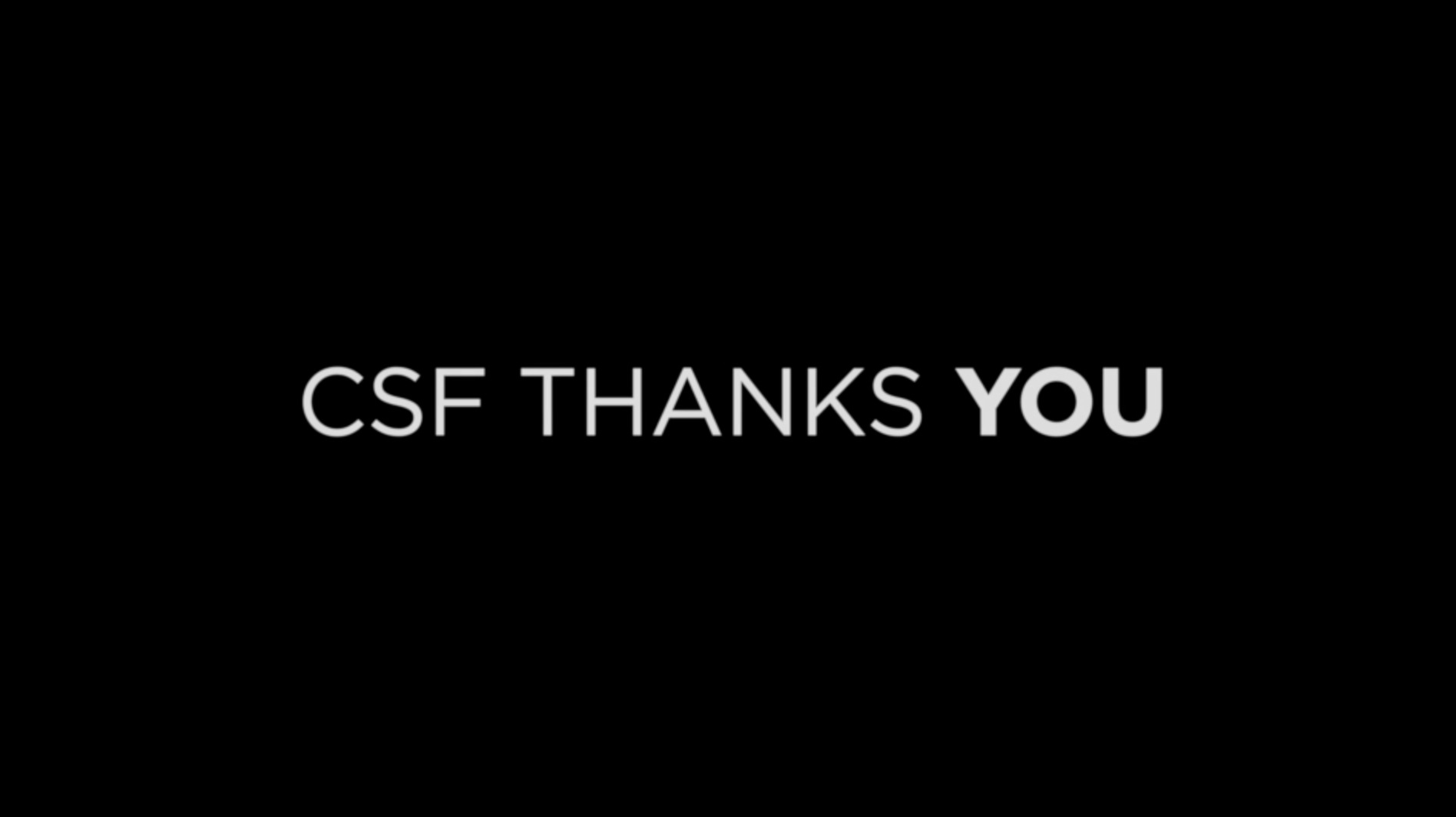News
José Carlos Rubio Ayllón (CSF) presenting the HydroCalculator.
CSF staff conducted a field visit to villages of the Munduruku people in the Brazilian Amazon. These communities have been adversely affected for several years by the construction of the Teles Pires and São Manoel hydropower plants.
Scenic beauty of the Teles Pires river.
Tropical savannah (Cerrado) area in Brazil. Photo credit: Pedro Gasparinetti.
In August 2017, CSF-Brazil presented our results from the economic feasibility study for the implementation of the Agro-extractivist Cooperatives and Associations Network of the State of Amazonas (RECABAAM) in Beruri, Amazonas.
More than twenty stakeholders attended the presentation, representing the community-based factories processing the Brazil nut, civil society institutions and state government, including the Institute of Agricultural and Sustainable Forestry Development of the State of Amazonas (IDAM) and the State Secretary of Rural Production (SEPROR).
Foto: Ondrej Prosicky/ Shutterstock
Participants and organizers of the RECABAAM modeling workshop.
Legal Reserve area aside wheat planting. Photo credit: Daniel Kieling.
CSF's Fernanda Alvarenga doing a presentation during one of the value chains workshops.
CSF participated in a meeting held on October 27th, 2016, at the Federal District Urban Development Agency (Terracap) in Brasília. The meeting’s goal was to contextualize and carry out the facilitation process and data collection with members of the Aliança Cerrado, to be used to support the design of the new Forest Compensation Law of the Federal District.
This meeting was conducted by Pedro Gasparinetti, CSF consultant, and opened by Raul do Valle, from the Environmental Department of the Federal District (SEMA-DF).
Every day, support from donors like you makes our work possible. Are you willing to make a special year-end donation to help us protect ecosystems around the world?Please, click here to make your donation now.










